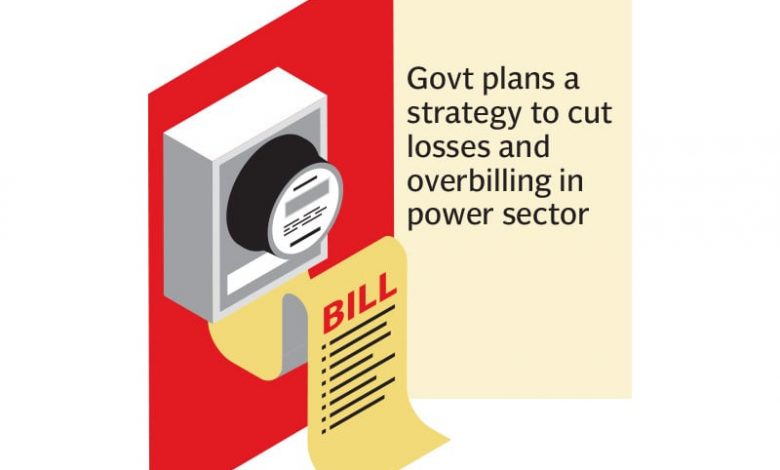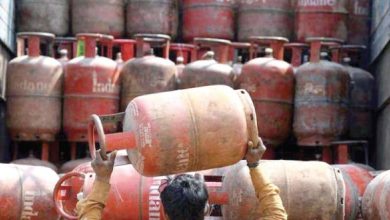Power sector faces Rs560b in losses

ISLAMABAD:Federal Minister for Energy Sardar Awais Leghari said on Thursday that the country would face Rs560 billion in losses in the power sector by the end of June this year.
He mentioned that Rs200 billion are billed in the power sector but remain unrecovered from consumers, while another Rs300 billion are lost due to power theft.
Addressing the media, he stated that a plan had been shared with the prime minister to tackle power theft and losses in the sector.
He lamented that more than half of the economy’s failure is attributed to the inefficiency of the power sector, adding that if the power sector is improved, the economy will follow suit. The energy minister disclosed that, on the prime minister’s instructions, a comprehensive review had been conducted over the past few weeks.
He revealed that power sector reforms have been decided upon, with details to be announced next week.
Leghari highlighted that losses pose the biggest challenge in the power sector, amounting to over Rs560 billion. He criticised officers and employees within distribution companies (DISCOs), attributing their presence as a cause of the sector’s deterioration, claiming that 20% of DISCO employees are involved in power theft. He asserted that the country can no longer endure the burden of these thieves and robbers, mentioning ongoing operations against electricity theft.
He mentioned that boards of directors have been granted full powers and will be held accountable for their decisions.
The government plans to reconstitute new boards of directors, removing political influence and ensuring independent functioning, he added.
The energy minister announced that decisions regarding the new boards will be made by the cabinet next week, adding that the privatisation of DISCOs is necessary.
He confirmed that loss-making DISCOs will be privatised, stating that accountability for performance will fall on the DISCO boards starting a month from today.
He noted that, except for the government’s two generation plants, Nandipur and Guddu, all others are currently closed, citing numerous leaks in the power sector but expressing optimism for improvement.
In March 2024, electricity production saw an 8.2% decrease compared to February 2024, totalling 8,023GWh. Despite this decline, there was a 12.5% increase from February 2024. However, March 2024 production dropped by 8.2% compared to March 2023. Hydropower notably surged by 25.5% month-on-month and 10.8% year-on-year, reflecting Pakistan’s reliance on hydropower. Conversely, coal production declined significantly by 23.6% monthly and 35.4% yearly, signalling challenges in the coal sector. Wind power witnessed a remarkable 89.8% monthly increase, showcasing potential for clean energy expansion. Gas and Re-Gasified Liquefied Natural Gas (RLNG) production remained stable, while nuclear power showed a promising 24.7% monthly increase but a slight yearly decline.
Net metering faced setbacks, highlighting the need for supportive policies to promote renewable energy adoption at the consumer level.
The minister did not address the decline in electricity production every month, which has resulted in accumulating capacity payments.
Power distribution companies have been informing the National Electric Power Regulatory Authority (NEPRA) that electricity consumption is declining.
The main issue is that electricity has become expensive, leading to the shutdown of industrial units. Additionally, affluent consumers have been shifting towards solarisation, resulting in lower electricity consumption. However, capacity payments have increased for consumers drawing electricity from the national grid.
Published in The Express Tribune, April 19th, 2024.
Like Business on Facebook, follow @TribuneBiz on Twitter to stay informed and join in the conversation.





